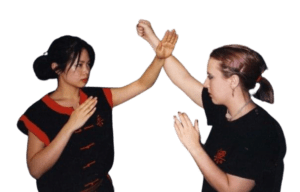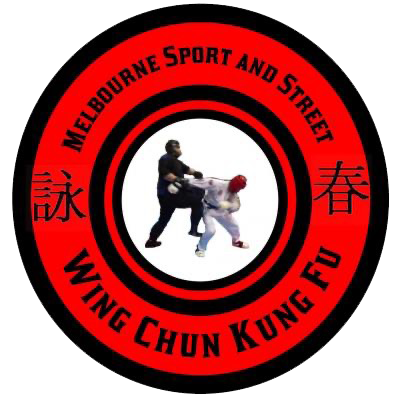Exploring Foundational Skills for Martial Arts Beginners
Foundational skills in martial arts are like the sturdy roots of a tree that provide stability and support as it grows. These skills form the basis for more advanced techniques and strategies, making them crucial for your overall development as a martial artist. By mastering foundational skills, you create a solid framework upon which you can build your expertise and proficiency in various fighting styles.
Building a Strong Stance: The Core of Balance and Power
Your stance is the foundation of all movement in martial arts. A proper stance ensures balance, stability, and the ability to generate power efficiently. Depending on the specific fighting style you’re practicing, stances may vary, but the core principles remain the same:
- Keep your feet shoulder-width apart.
- Distribute your weight evenly between both legs.
- Bend your knees slightly to maintain flexibility and balance.
- Keep your spine upright and your core engaged.
By establishing a strong and balanced stance, you create a solid base that enables you to execute techniques with precision and power.
Mastering Fundamental Strikes: The Art of Controlled Power

Basic strikes are the building blocks of effective offense and defense. As a beginner, focus on mastering a few fundamental strikes that are commonly used in fighting styles:
1. Jab: A quick, straight punch delivered with your lead hand. The jab is versatile and serves as both an offensive and defensive tool.
2. Cross: A powerful straight punch delivered with your rear hand. The cross generates significant power and can be used to follow up after a jab.
3. Hook: A circular punch aimed at your opponent’s side. The hook is effective for targeting the head or body and requires proper rotation of your hips and torso.
4. Front Kick: A front kick involves extending your leg forward to strike your opponent with the ball of your foot. It’s an essential kick for maintaining distance and keeping your opponent at bay.
5. Roundhouse Kick: This kick involves a circular motion of your leg to strike your opponent with the shin or instep. It’s a versatile kick used for both close-range and mid-range attacks.
Developing Defensive Techniques: Protecting Yourself

In addition to offense, developing defensive skills is vital for your safety and success in martial arts. Focus on the following foundational defensive techniques:
Blocking: Learning how to block incoming strikes with your arms and legs is essential. Practice both high and low blocks to defend against various attacks.
Parrying: Parrying involves redirecting your opponent’s strikes away from their target. It’s a skill that requires precise timing and hand-eye coordination.
Footwork: Proper footwork allows you to evade attacks and position yourself advantageously. Practice moving in various directions while maintaining your balance.
Cultivating Mental Focus and Discipline
Martial arts isn’t just about physical techniques; it’s also about mental discipline and focus. Developing mental resilience is as crucial as honing your physical skills. Regular practice of mindfulness techniques, such as meditation and controlled breathing, helps you stay centered and focused during training and sparring sessions.
Seeking Guidance from Instructors
As a beginner, it’s important to seek guidance from experienced instructors. They can provide personalized feedback, correct your form, and offer insights to help you progress more effectively. Don’t hesitate to ask questions and absorb the knowledge they share.
Practice, Patience and Progress For Martial Arts
Remember that mastery in martial arts takes time and consistent effort. Focus on practicing your foundational skills regularly and celebrate even the smallest improvements. As you continue to build these essential skills, you’ll find yourself gradually progressing and unlocking the doors to more advanced techniques and strategies in your chosen fighting style. With dedication, patience, and the right mindset, you’ll lay a strong foundation for a fulfilling and successful martial arts journey.

